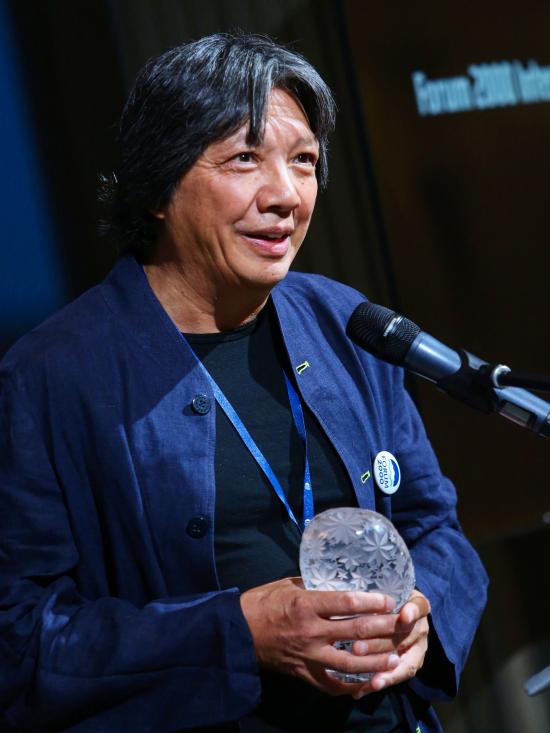From Columbia Journalism Review
Q&A: Xiao Qiang on the anniversary of Tiananmen Square and the right to information in China
By Kevin Lind
Thirty-five years ago this week, the Chinese Communist Party sent troops into Tiananmen Square, in central Beijing, to suppress a student protest. With global media present and filming, soldiers opened fire on a crowd of activists that had amassed in the same location where Mao Zedong founded the People’s Republic of China in 1949. Armored vehicles drove over barricades, crushing protesters; Jeff Widener, of the Associated Press, captured iconic footage of one man’s momentary stand against the might of the military. The protesters demanded political liberalization and freedom of information. The “June Fourth Incident,” sometimes called a massacre, became a symbol of authoritarian control trouncing public freedoms—broadcast live for the world to see.
That spring, Xiao Qiang was a graduate student in the US, studying physics, but he flew home to China two days after the massacre; he felt compelled to go back as a personal statement of solidarity with the protesters. When he returned to the US two months later after what would be his last visit home, it was as a full-time activist. Throughout the nineties, he ran Human Rights China, an information network collecting and publishing details and stories about political prisoners; later, he joined the faculty at the University of California, Berkeley, where he initially taught in the school of journalism and is now a research scientist in the school of information. In addition to teaching, he is the founder and editor in chief of the China Digital Times, a bilingual news site that documents and curates information on Chinese social media, focuses on censorship and the resistance to it, and aggregates human rights reporting. Much of Xiao’s research is dedicated to circumventing the “Great Firewall”, a government-backed internet blockade that ensures, among other things, that what really happened at Tiananmen is scrubbed from people’s browsers.
It is because of this work that Xiao joined Circle 19, a group of independent media experts dedicated to fostering freedom of information within China, in 2020. Supported by Reporters Without Borders (RSF), the group has collaborated over the past year on a “Statement of Principles for the Right to Information in China,” a succinct manifesto that was published yesterday to mark the anniversary of Tiananmen Square. The document states that the right to information is an integral part of Chinese history; that the one-party state exerts a malign influence on the free flow of information; and that the scarcity of reliable information poses a threat to China’s future. It also pledges Circle 19’s support to the people of China and urges the international community to support them, too...
Xiao Qiang is the founder and editor-in-chief of the China Digital Times and a research scientist at the School of Information.










